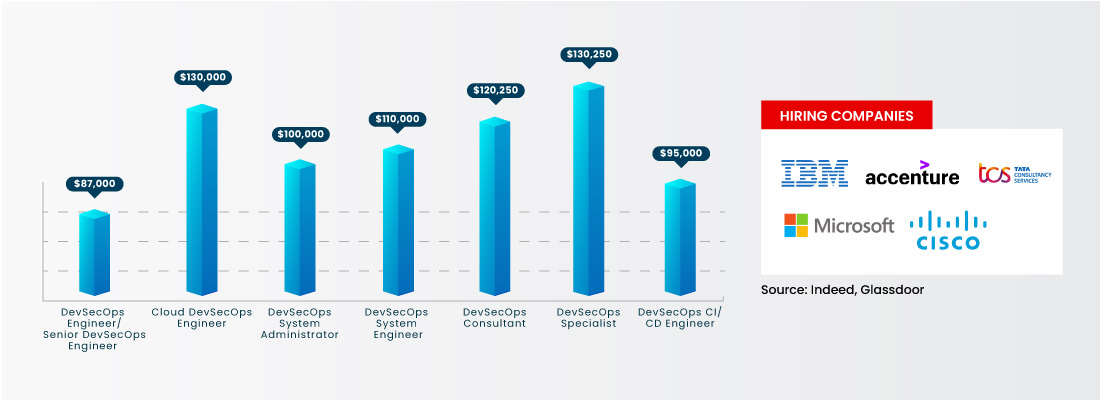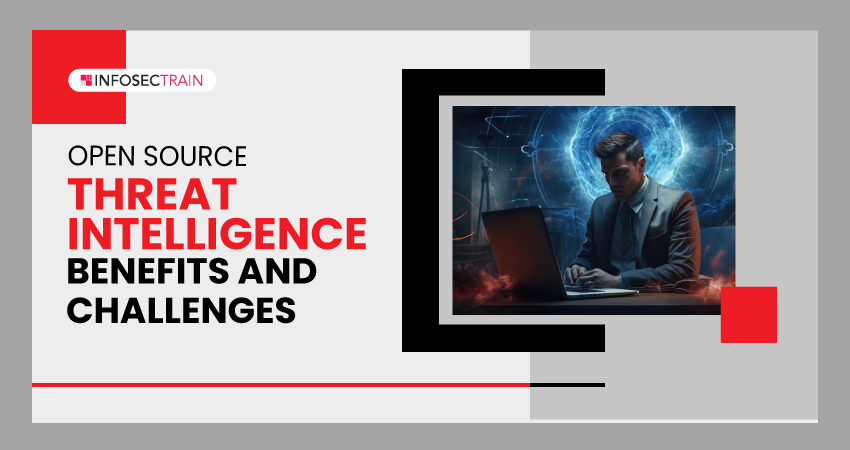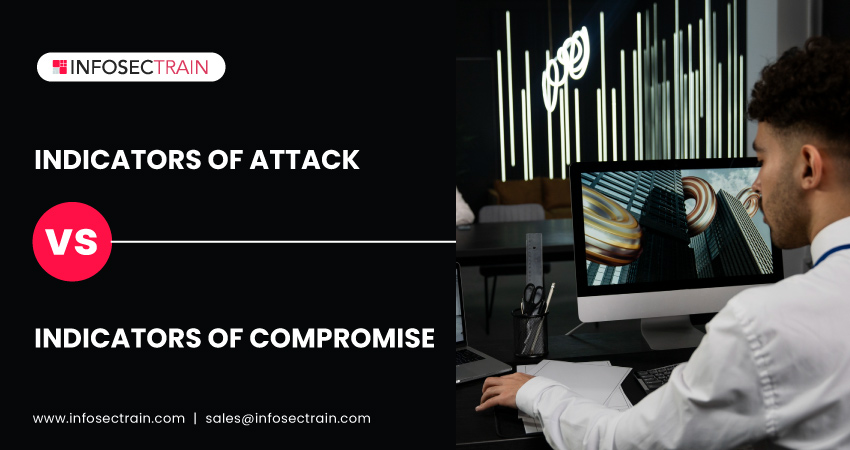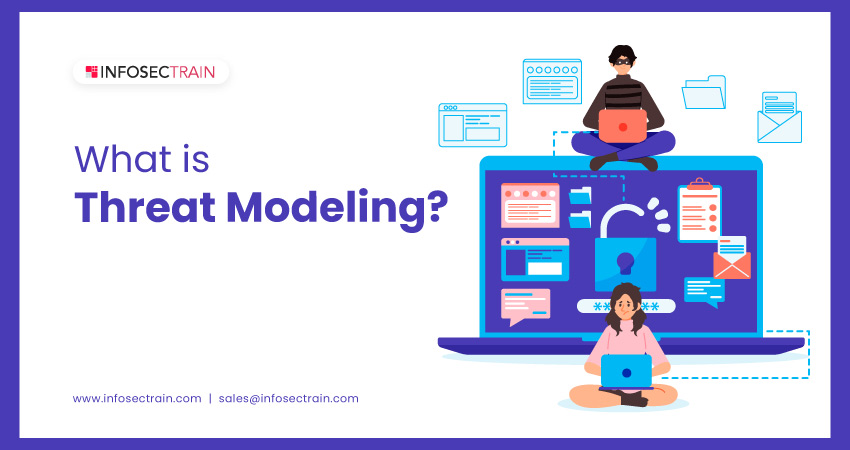DevSecOps: Practical Approach training course from InfosecTrain has been meticulously crafted to equip participants with an extensive comprehension and hands-on expertise in the seamless implementation of DevSecOps practices within the context of a Docker and Kubernetes environment, with specific emphasis on Spring Boot applications.Throughout this comprehensive training course, participants will delve into the optimal utilization of Docker and Kubernetes to establish streamlined DevOps workflows, skillfully integrating security measures at every stage of the software development lifecycle. The course curriculum thoughtfully merges theoretical concepts with immersive, hands-on labs and a compelling Spring Boot application demonstration, ensuring participants garner a profound understanding of the fundamental principles and best practices of DevSecOps.
 Read Reviews
Read Reviews





 5th Sep: Weekend
5th Sep: Weekend 






 The training was awesome. Helped me clear my concepts and also reduced my preparation time to 1/3rd. Thank you, trainer, for all your dedication to bring your gladiators to pace.
The training was awesome. Helped me clear my concepts and also reduced my preparation time to 1/3rd. Thank you, trainer, for all your dedication to bring your gladiators to pace.






 Certified & Experienced Instructors
Certified & Experienced Instructors Post Training Support
Post Training Support Customized Training
Customized Training Flexible Schedule
Flexible Schedule Access to Recorded Sessions
Access to Recorded Sessions 



 1800-843-7890 (IN)
1800-843-7890 (IN) sales@infosectrain.com
sales@infosectrain.com
 1800-843-7890 (India)
1800-843-7890 (India) 
